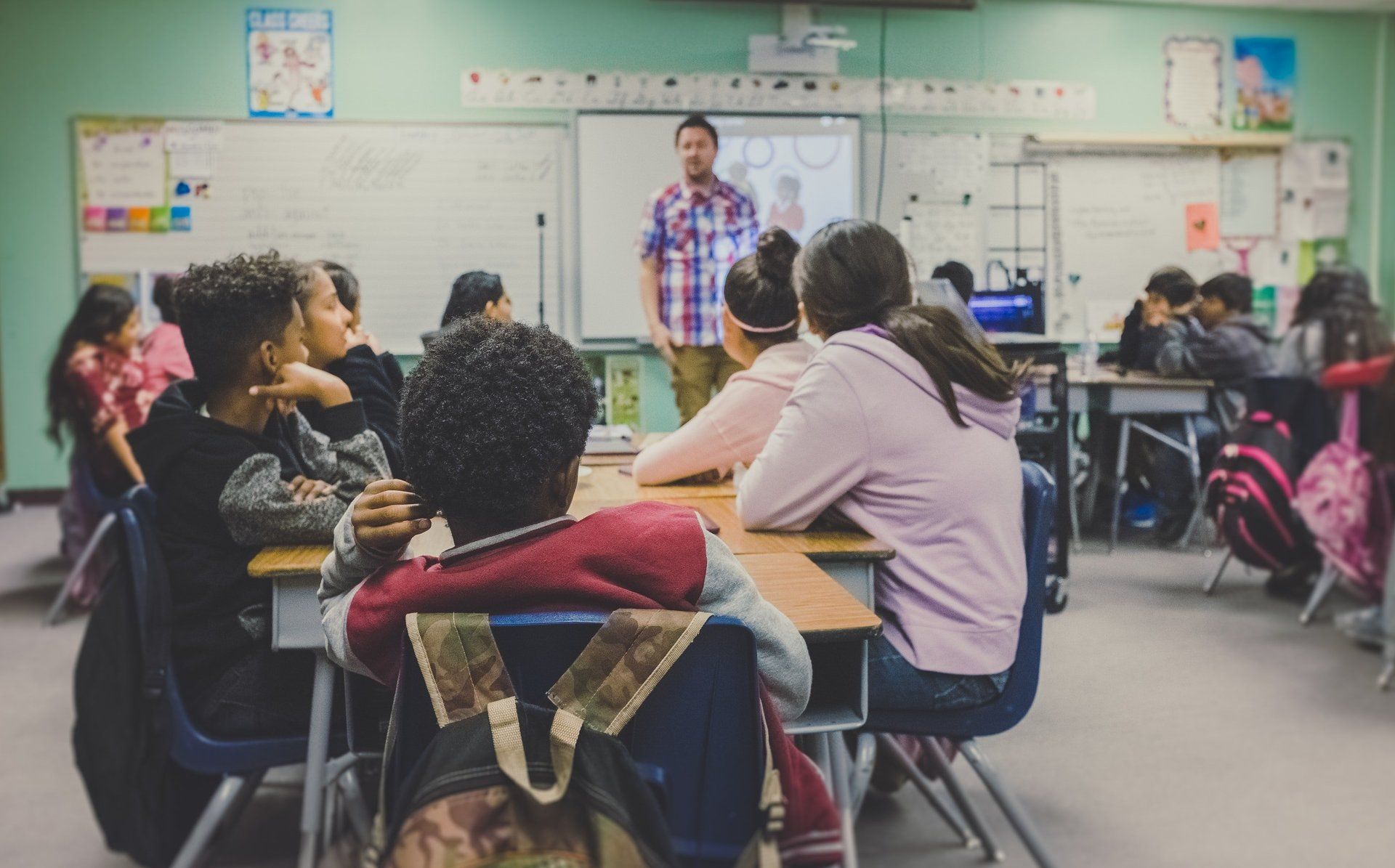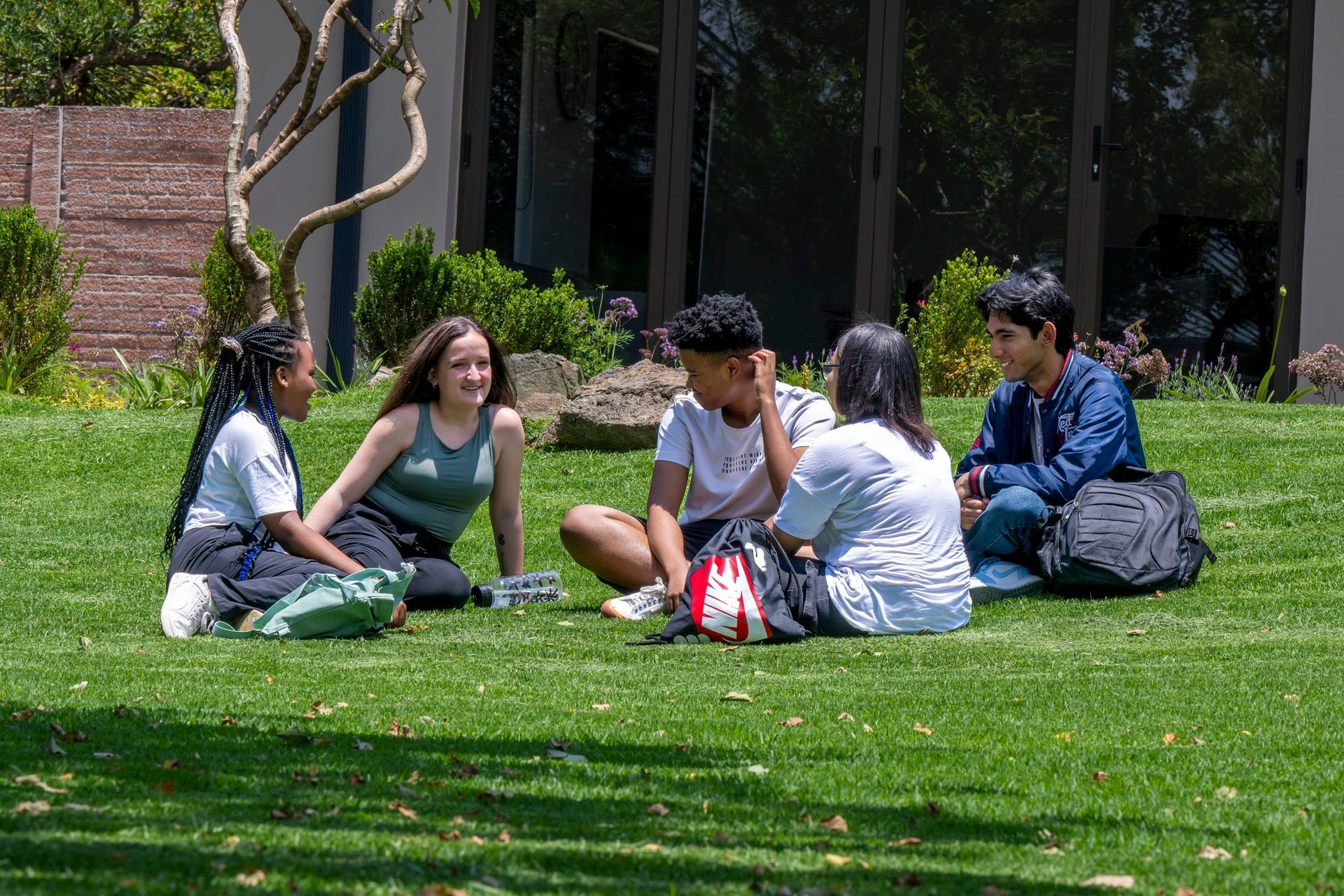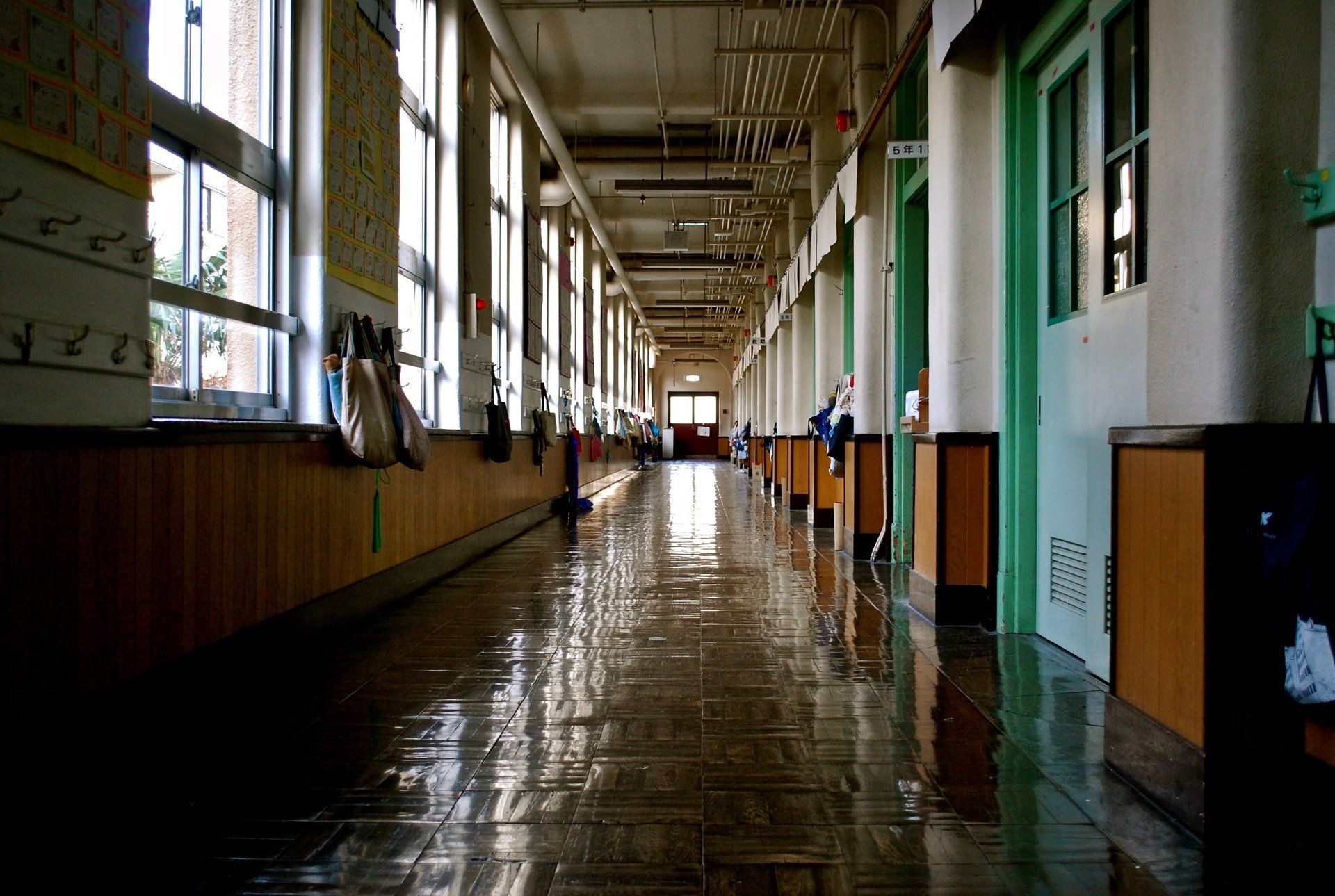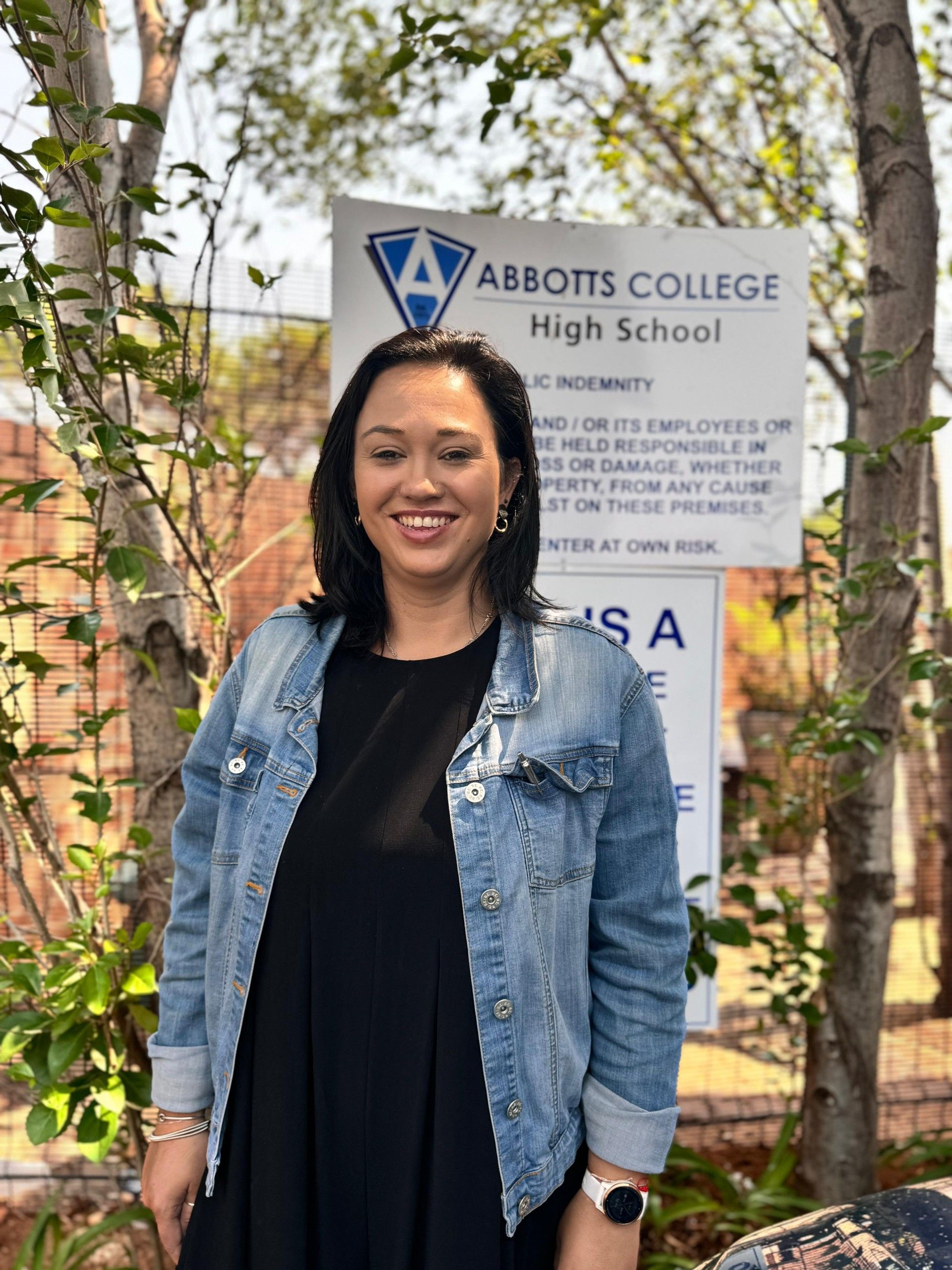How To Deal With Difference Personalities In The Classroom
2 Minute read
Make Your Classroom a Happier Space
One of the first lessons every teacher learns is that, in every classroom there is a kaleidoscope of different personalities present. At any one moment, the teacher is navigating a minefield of different characters, each of which requires specific attention and handling. No two students are the same, and a good teacher is skilled enough to bounce from one student to the next, to tailor their delivery and approach to suit individual character types while remaining uniform and neutral across the board. It is not easy to accomplish and requires a lot of patience.
While the individual personalities can fall anywhere on a broad scale, there are a few traits that are bound to be in every classroom. You will not fail to pick out the naturally gifted child in a classroom, or the popular kid, the shy one, the bully, the attention seeker. In this regard, teaching becomes a lot like diplomacy; it calls for a skilled and patient juggling of complex personalities that must somehow coexist together in one setting.
For most teachers, dealing with most students is easy enough. There is often no need to even single out specific personalities as you teach, however there area few personalities that are especially challenging to handle. These test the teacher, push them to the limit.
The question now is, how do you deal with the bully who says mean things about other children and even to you? How can you reach that little girl who never wants to be called upon to answer a question?
Here are a few tips on how to survive and indeed master the complex characters in your classroom:
Put yourself in their shoes
It is a universally accepted truth that interpersonal relationships are important, especially between a teacher and their student. Once a good relationship is established, barriers are broken down. Not only can the personal touch help in teaching, but it allows for the relationship to go beyond the classroom.
Getting to know your students will help reveal their character to you.Subsequently, you will be able to determine what works for them. Knowing you have a genius on your hands for example, you will know to tweak the material so that they, too, feel challenged and not bored. This is why Abbotts college relies so much on the mentoring system. This enables teachers to give their own personal touch in getting to know students as individuals and to know what their future aspirations are and how we can help with them achieving their goals.
If a student is acting out, the immediate reaction is anger and resentment. They are interrupting your class after all and making your life more difficult.But try and think about what it must be like for them. Put yourself in their shoes. Maybe they have problems at home and are lashing out at school. Maybe the reason Mary is not participating is because she is being bullied. Take the time to understand your students. It will help you deal better with their behavior.
Master your poker face
When dealing with a difficult student, try and keep a cool head.Put away the extreme emotions you are undoubtedly experiencing like frustration and anger. This will help you see the situation clearly, helping you handle it effectively. Students are very smart; they will pick up subtle indicators of your response to their actions. Often, they are testing you and pushing your buttons. They will do so until they determine your breaking point. You must therefore remain composed throughout. Speak in a soft voice that reflects your demeanour but communicate clearly and firmly. Focus on dealing with the issue at hand, and when it’s done, move on. Do not linger over it or hold a grudge. This way, your students learn a thing or two about handling conflict which will bean attitude they themselves will apply in future.
Be firm, but fair
Always remember that you are their teacher and guardian first, never their friend. It is a fine line to walk, having them respect you but letting them know they can approach you if they need anything. In case of doubt, it is better to stumble on the side of certainty. Your students understand that there are rules, which you must enforce. Do not let anyone get away with rule breaking, no matter how insignificant it seems. If you let just one slip, you lose control over the classroom, and you become infinitely less effective. This will not endear you to them, but they will respect you, and they will do what is right.
This does not mean, however, that you adopt a hard, unyielding stance. To err is human. Let your students know that it is okay to make a mistake, because it is a learning opportunity. This way, the punishment won’t feel like a personal slight. You should expect manipulation and bargaining and know how to deal with it. In return, reward good behavior. Be fair in your application of the rules. If you must, enlist the help of another teacher or even their parent. At the end of the day, the objective is to teach them to be responsible adults.
It is important to remember that with students, no shoe fits all, so approach each student as a unique individual. Listen to them, empathize with them, and you can discipline them.











